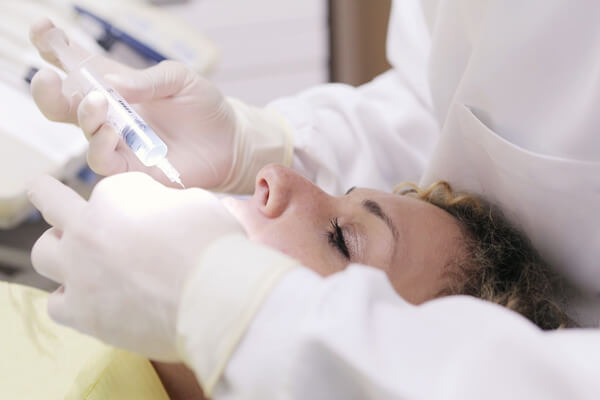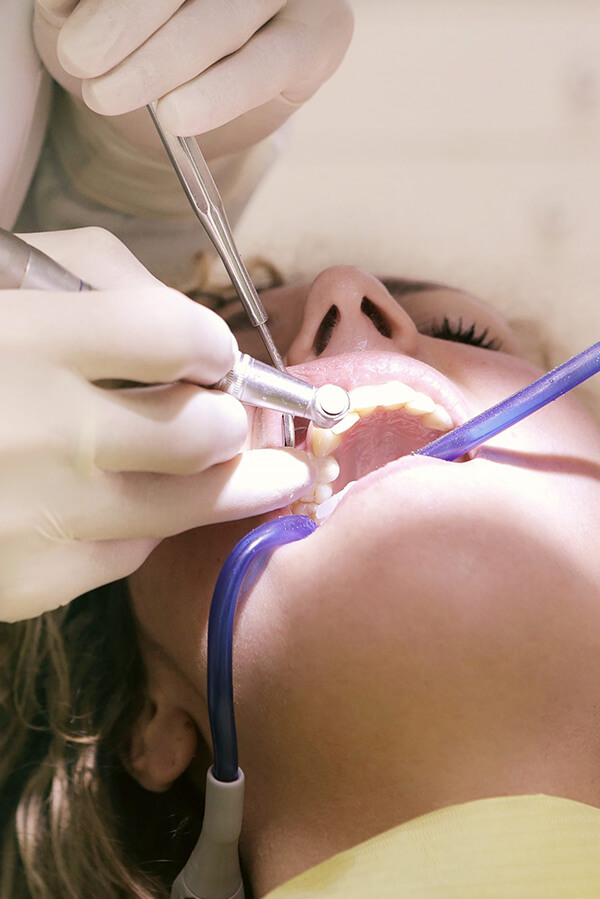
Table of Contents Click to jump to section
At Boca Perio Implants, we understand that visiting the periodontist or dentist can be a source of anxiety and fear for many patients. With Dr. Leichter’s dental sedation, you can look forward to a safe and anxiety-free dental experience, allowing you to improve your smile with ease.
Our experienced dental professionals offer various types of dental sedation to cater to individual needs. The most common types include:


Dental sedation is suitable for individuals who experience anxiety or fear when visiting the dentist. It is especially helpful for those who have had negative experiences in the past or require extensive dental treatments. Before administering any sedative, we thoroughly review your medical history and any current medications to ensure your safety and determine the appropriate level of sedation for your needs.
Choosing dental sedation offers numerous advantages, including:

At Boca Perio Implants, we are proud to be led by Dr. Julian C. Leichter, D.M.D., our highly skilled and experienced periodontist. Dr. Leichter obtained his dental medicine degree from Tufts University and pursued a Fellowship in Periodontics at Harvard University. During his time at Harvard, he played a pivotal role in developing innovative stem cell transplantation techniques for periodontal bone regeneration.
Dr. Leichter continues to push the boundaries of aesthetic and reconstructive periodontics, aiming to create beautiful and healthy smiles for a wide range of patients. He’s been in practice for more than 40 years and is supported by a core team of dental professionals offering various levels of sedation to ensure comfortable and stress-free care for all patients. Book your appointment at our Boca Raton office for the best dental treatment and care.
What is dental sedation?
Dental sedation involves the use of medications to help patients relax and remain calm during dental procedures. It eases anxiety, reduces pain, and creates a more comfortable dental experience.
Does dental insurance cover sedation?
The coverage for dental sedation can vary depending on your insurance plan. We recommend contacting your insurance provider to understand your specific coverage details.
How much does dental sedation cost?
The cost can vary depending on factors such as the type of sedation used, the complexity of the procedure, and your insurance coverage. Our team at Boca Perio Implants can provide you with a detailed cost estimate during your consultation.
How long does dental sedation last?
The duration of dental sedation effects depends on the type of sedation used. Some sedatives may wear off relatively quickly, while others may have a longer-lasting effect. Our dental professionals will discuss the expected duration of sedation during your consultation.
1 National Library of Medicine. Nitrous Oxide. Available: https://pubchem.ncbi.nlm.nih.gov/compound/Nitrous-oxide.
2 Healthline. Tim Jewell. What is conscious sedation? Available: https://www.healthline.com/health/conscious-sedation.
3 American Society of Anesthesiologists. IV/Monitored sedation. Available: https://madeforthismoment.asahq.org/anesthesia-101/types-of-anesthesia/ivmonitored-sedation/.
Contact Boca Perio Implants, committed to serve all communities around West Palm Beach, Boca Raton, Pompano Beach, Lake Worth, Boynton Beach and Delray Beach!